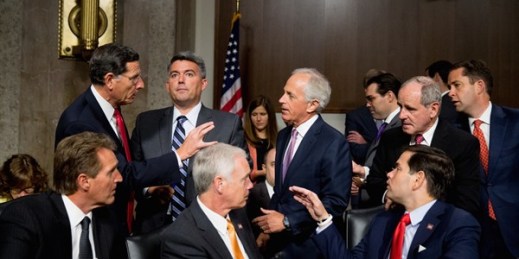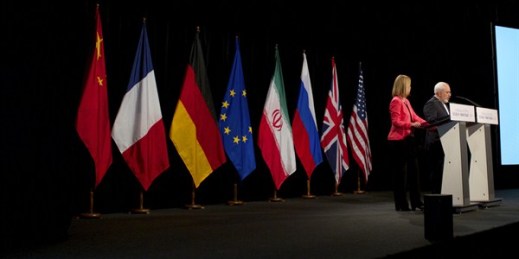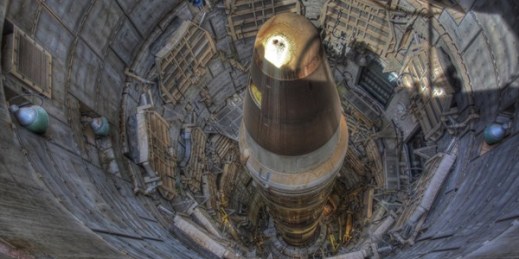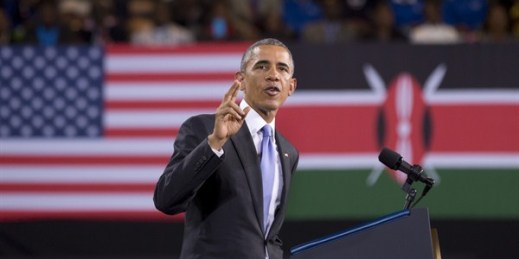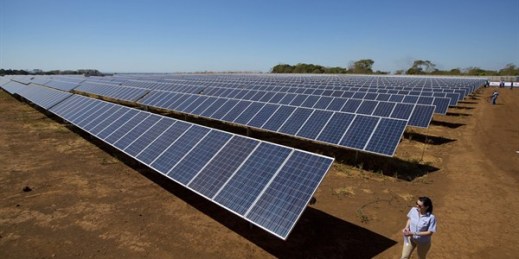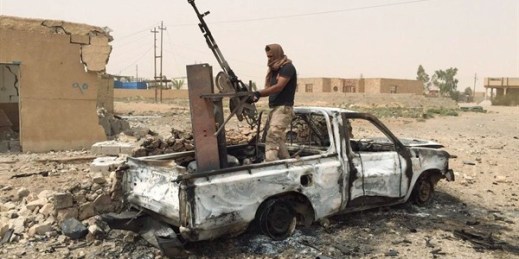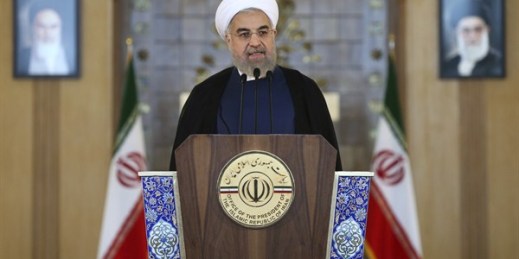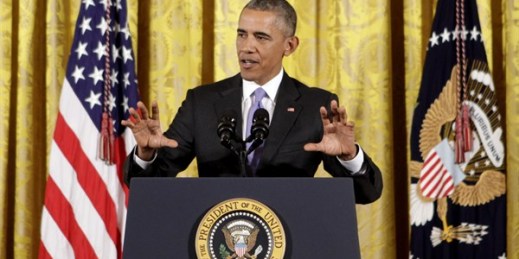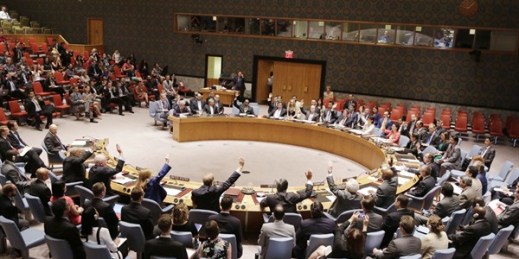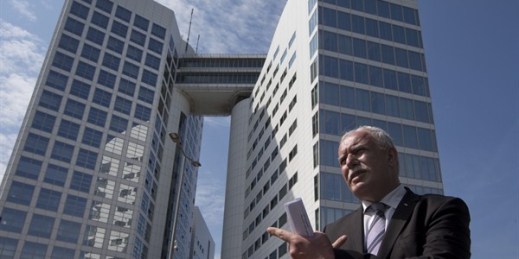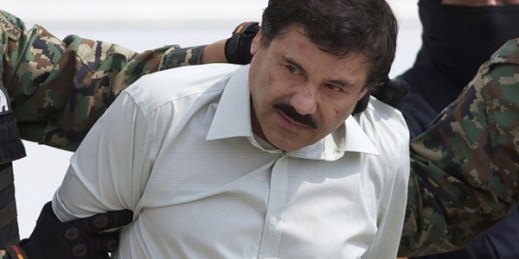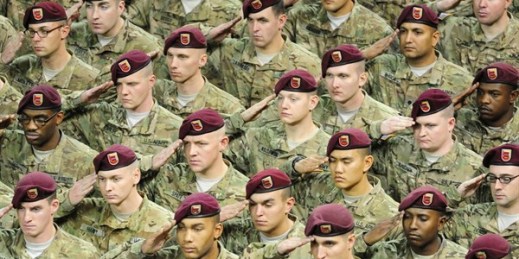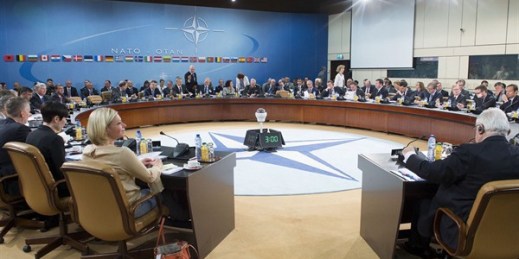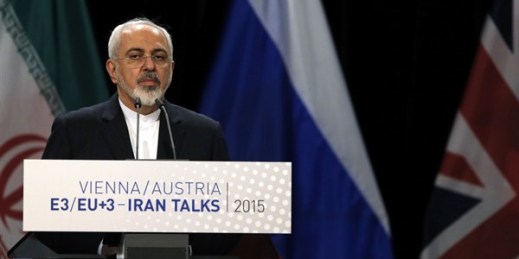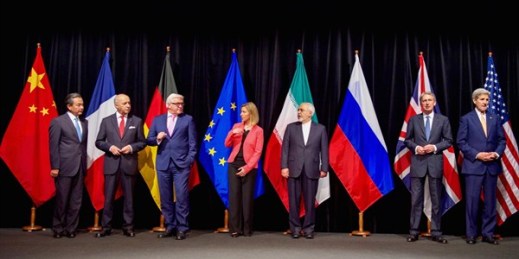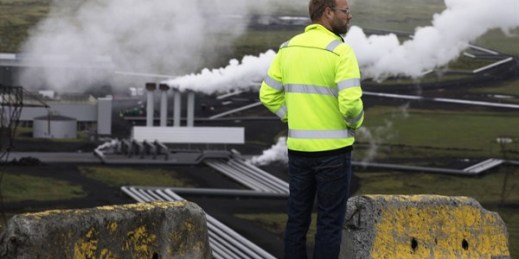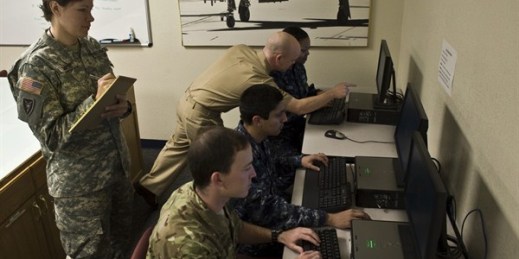
For decades military strategists have studied and refined what they call the “principles of war.” Drawn from the long history of armed conflict, these guidelines encapsulate the things that often lead to battlefield success. They are not immutable laws—bold commanders sometimes ignore them and get away with it. But they reflect the accumulated wisdom of warfighting, including things like concentrating combat power at the decisive place and time; the value of directing every military operation toward a clearly defined, decisive and attainable objective; and the need to seize, retain and exploit the initiative, among others. Every budding military planner and […]

